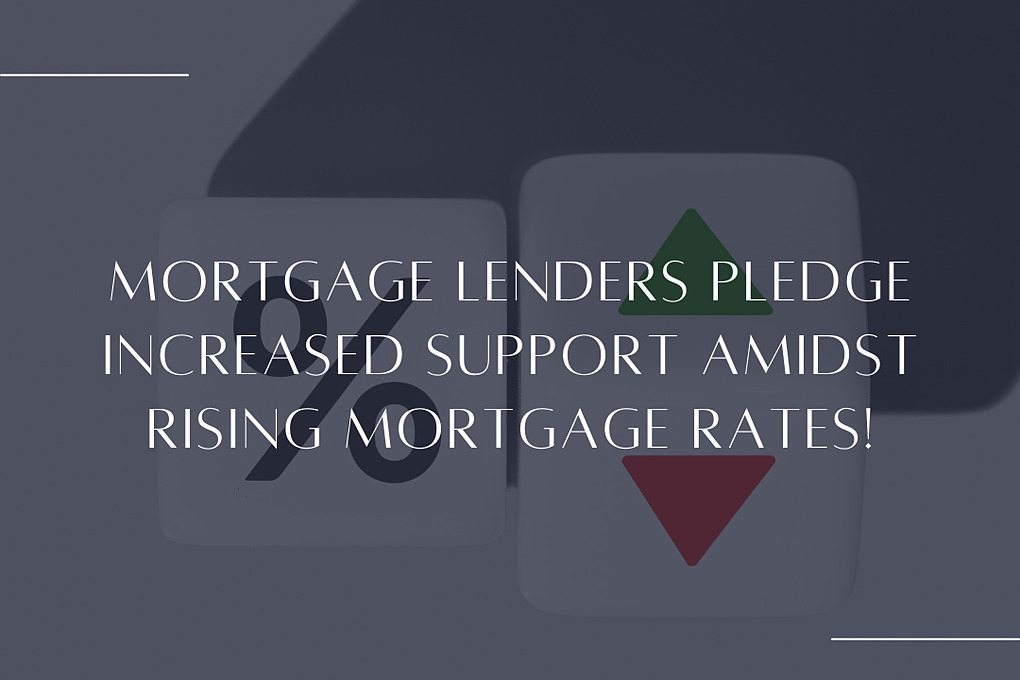Mortgage Lenders Pledge Increased Support Amidst Rising Mortgage Rates

- Jun 23rd 2023
As soaring interest rates burden homeowners, banks and building societies have pledged to provide greater flexibility to those struggling with mortgage repayments. The decision follows a meeting between banking executives and Chancellor Jeremy Hunt in Downing Street last week.
The new provisions will permit borrowers to temporarily modify their mortgage terms, with the option to revert to their original agreement within six months. This flexibility could reduce short-term repayments for some homeowners by allowing them to pay only the interest on their home loan.
Chancellor Hunt assured that this six-month leeway would not negatively impact credit scores, unlike previous measures. However, missed payments or complete payment breaks, also known as mortgage holidays, will continue to impede future borrowing capabilities.
Furthermore, lenders have committed to a one-year delay before initiating repossession proceedings against long-term non-paying borrowers. This productive meeting was positively received by the bank's chief executives.
The meeting between lenders and Mr. Hunt came in the wake of the Bank of England's unexpected decision to raise interest rates from 4.5% to 5% in their fight against inflation. The impact of this change will place considerable strain on millions of UK households.
While direct government intervention is not on the cards, these discussions have set the stage for a campaign to raise awareness amongst struggling homeowners of their options. The new measures aim to encourage borrowers to reach out to their lenders without fear of financial penalties.
The Chancellor said, "These measures should offer comfort to those who are anxious about high-interest rates and support for those who do get into difficulty."
Calls for government action have been made in the aftermath of the rate rise, with suggestions such as the reintroduction of mortgage interest relief and the unfreezing of specific support measures.
The National Residential Landlords Association (NRLA) warned that the 5% interest rate could compel landlords to sell up to 735,000 rental properties, exacerbating the supply-demand crisis in the private rental sector.
However, both Chancellor Hunt and Prime Minister Rishi Sunak have resisted these suggestions, asserting that borrower support could compromise the Bank of England's efforts to combat inflation, which remained stagnant at 8.7% in May.
Post interest rate rise, Sunak emphasised that the government would remain "steadfast and stick to its plan" to reduce inflation. The interest rate rises serve, in part, to suppress spending in the economy by shrinking disposable incomes. Therefore, analysts argue that broad support for mortgage holders would contradict the Bank of England's policy.
Bank of England Governor Andrew Bailey acknowledged that the continuous rise in rates since December 2021 will cause "difficulty and pain" for many and said borrowers would understandably be worried.
Mortgage rates have been steadily increasing for several months. Currently, an average two-year fixed-rate mortgage stands at 6.19%, while the five-year rate is 5.82%, according to financial data firm Moneyfacts. This is a considerable jump from rates closer to 3% just a year ago. The rising interest rates also affect the economy by incentivising savings over spending.
Keep following us for the latest property news!








